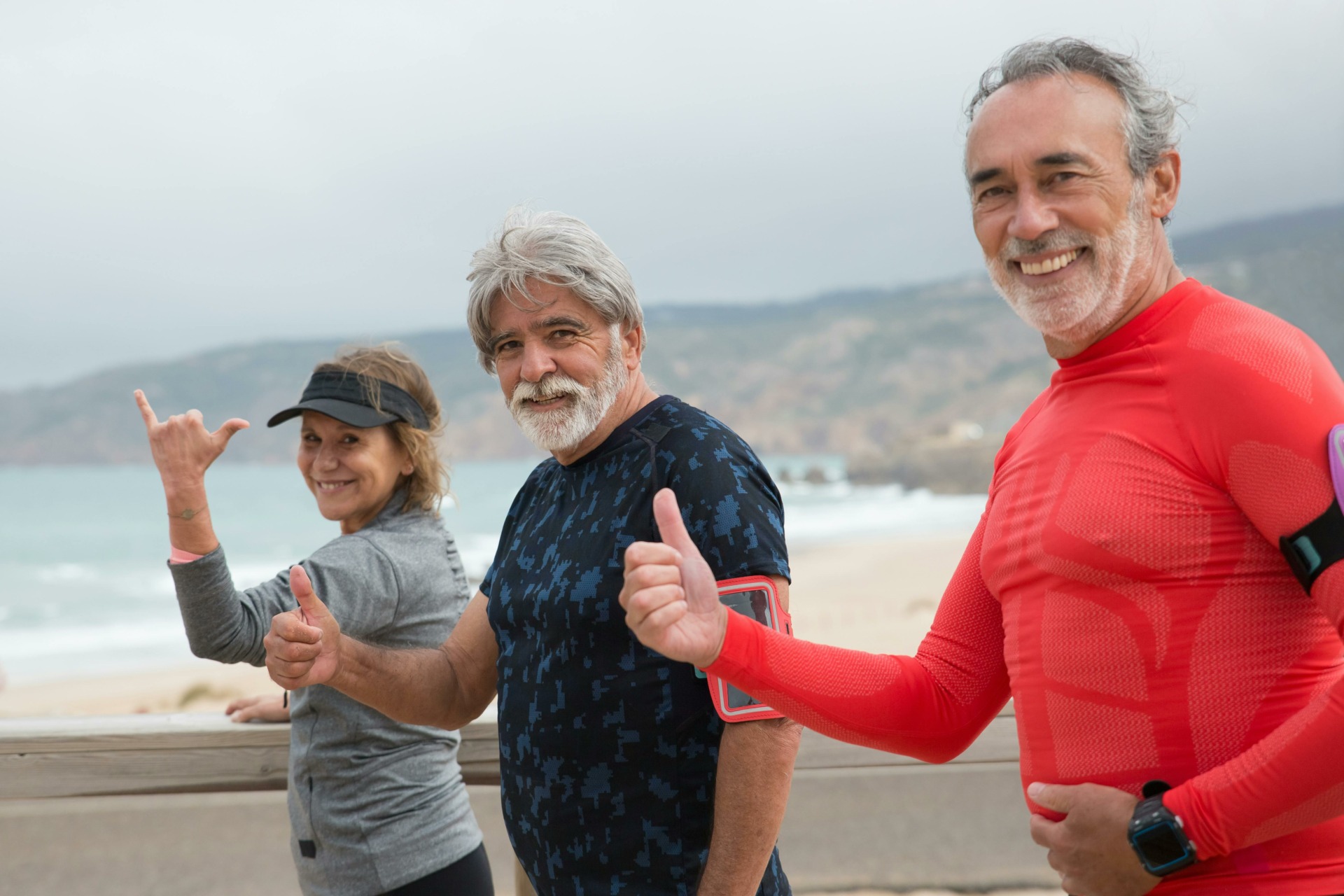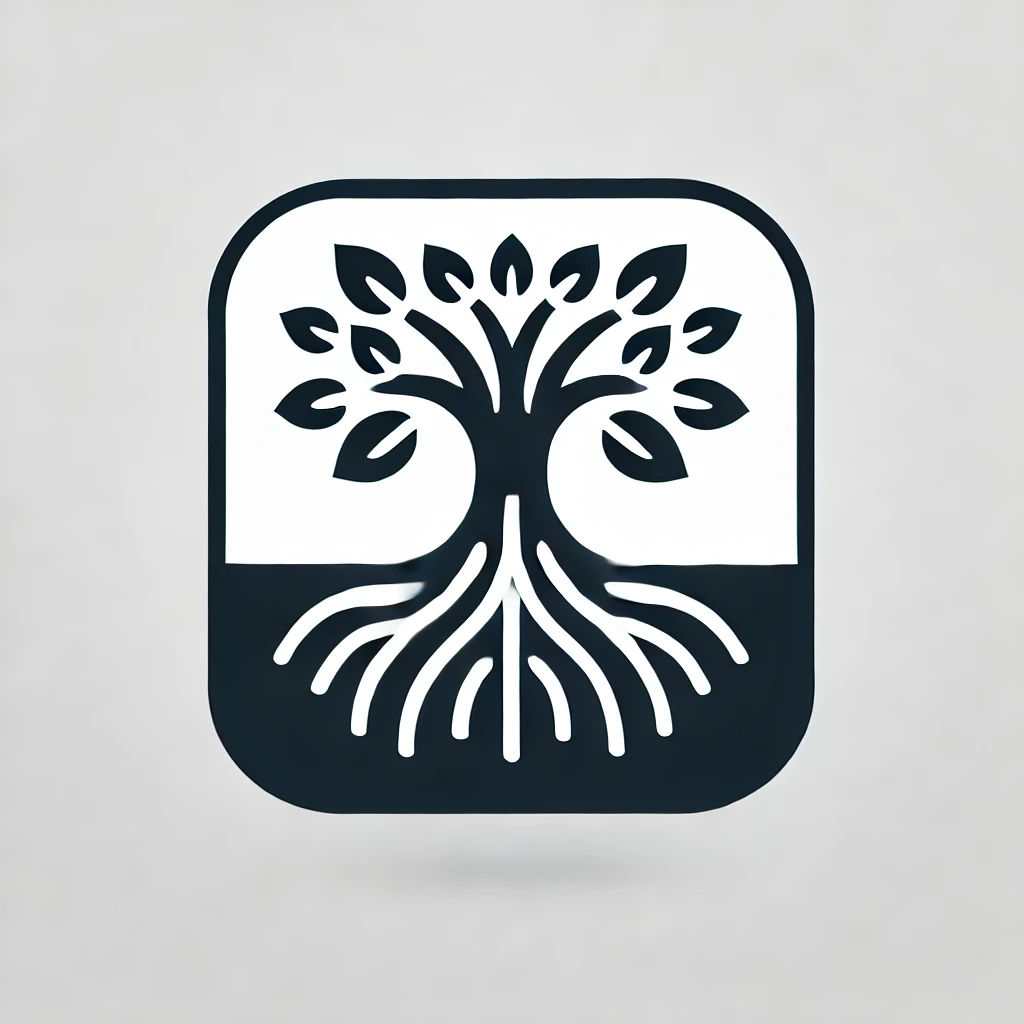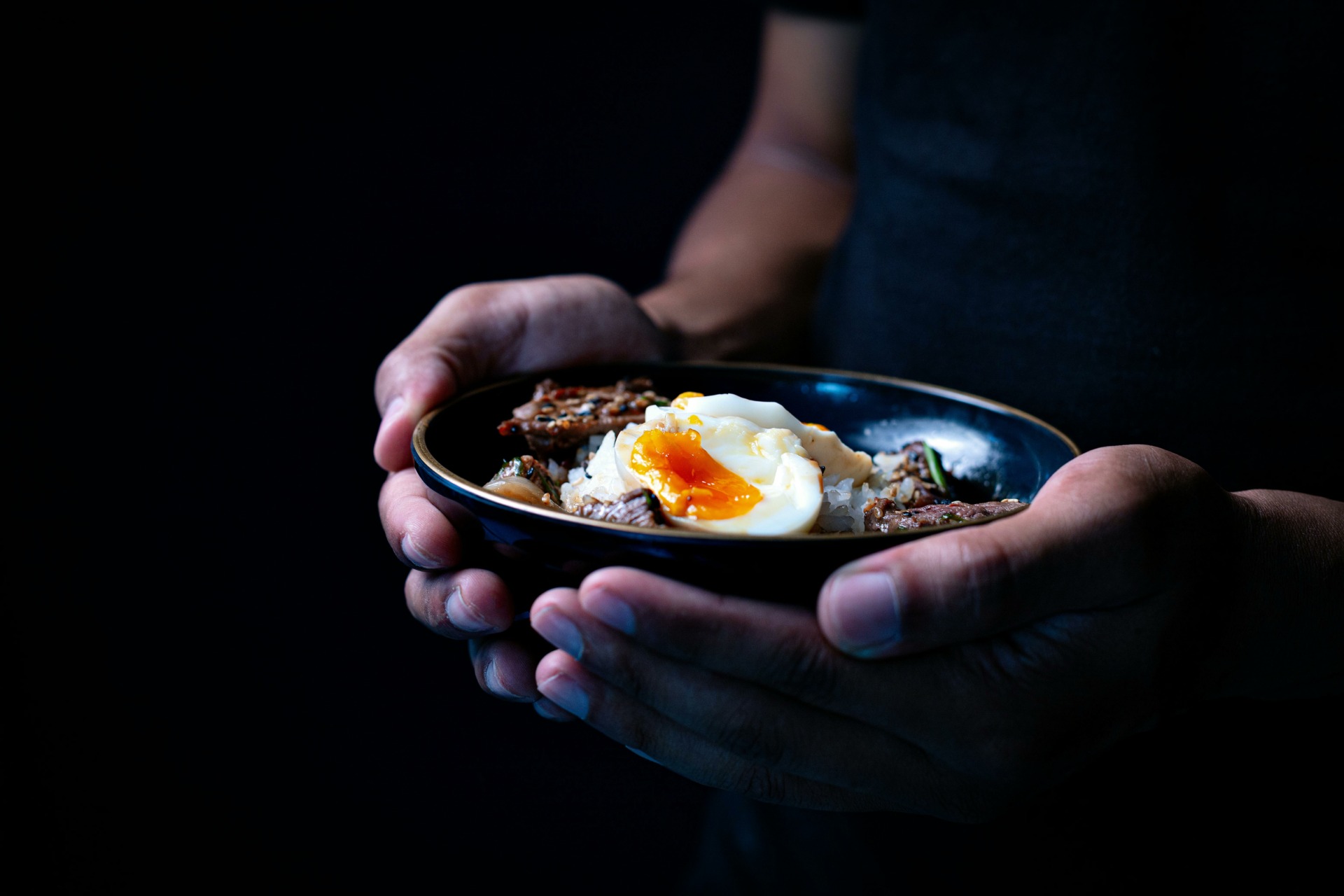If you’ve crossed the 50-year mark, chances are you’ve started to pay more attention to your diet—and rightly so. Our bodies change as we age, and one nutrient becomes especially important in supporting strength, energy, and healthy aging: protein.
Often overlooked or underestimated, protein is the foundation of muscle, bone, skin, and immune function. It plays a critical role in keeping you strong, mobile, and independent well into your later years. But many older adults don’t get enough protein, especially if they’ve reduced their appetite or started eating smaller meals.
In this article, we’ll break down why protein matters more than ever after 50, how much you really need, and the best ways to include it in your diet—without turning every meal into a bodybuilder’s feast.
 Why Protein Matters More After 50
Why Protein Matters More After 50
After the age of 50, the body naturally starts to lose muscle mass in a process known as sarcopenia. This loss can be as much as 1–2% per year, which over time contributes to weakness, slower metabolism, joint pain, and a greater risk of falls or fractures.
Here’s what protein can do for you in your 50s, 60s, and beyond:






Without enough protein, it becomes harder to maintain strength, stay active, or recover from illness or injury.
 How Much Protein Do You Really Need After 50?
How Much Protein Do You Really Need After 50?
You’ve probably heard the old guideline: 0.8 grams of protein per kilogram of body weight per day. But that recommendation is for minimum survival, not optimal health.
For healthy aging and maintaining muscle, most experts now suggest:
 1.2 to 2.0 grams of protein per kilogram of body weight per day
1.2 to 2.0 grams of protein per kilogram of body weight per day
For example:
- A 70 kg (154 lb) adult would need 84 to 140 grams of protein daily
- A 60 kg (132 lb) adult would need 72 to 120 grams of protein daily
This is especially true if you’re:
- Trying to lose weight without losing muscle
- Recovering from illness or surgery
- Increasing physical activity or doing resistance training

 Best Protein Sources for Older Adults
Best Protein Sources for Older Adults
You don’t need to eat steaks at every meal. A balanced mix of animal and plant-based proteins works well and supports overall health.
 Animal-Based Proteins:
Animal-Based Proteins:
- Chicken or turkey breast (25–30g per 100g)
- Eggs (6g per egg)
- Greek yogurt (10–20g per serving)
- Cottage cheese (13g per ½ cup)
- Fish (e.g., salmon, tuna, cod – 20–25g per 100g)
- Milk (8g per cup)
- Lean beef or pork (20–25g per 100g)
 Plant-Based Proteins:
Plant-Based Proteins:
- Lentils (18g per cup, cooked)
- Chickpeas (15g per cup, cooked)
- Tofu (10g per 100g)
- Tempeh (20g per 100g)
- Quinoa (8g per cup, cooked)
- Nuts and seeds (5–7g per handful)
- Plant-based protein powders (15–25g per serving)

 When to Consider Protein Supplements
When to Consider Protein Supplements
If your appetite is low, or you’re finding it difficult to hit your daily protein target through food alone, protein shakes or powders can help.
Look for:
- Whey protein – fast-absorbing, great post-workout
- Casein protein – slow-digesting, good before bed
- Pea, rice, or soy protein – good vegan alternatives


- Greek yogurt with berries and nuts
- A hard-boiled egg and a slice of whole grain toast
- Protein smoothie with almond milk, banana, and protein powder
- Tofu stir-fry or chickpea salad
 Pair Protein with Movement
Pair Protein with Movement
Protein is most effective when combined with strength training or resistance exercises. Lifting weights, using resistance bands, or even bodyweight exercises (like squats and push-ups) help signal your body to build and maintain muscle.

 Protein Isn’t Just for Muscles
Protein Isn’t Just for Muscles
Protein also supports:
- Brain health by helping synthesize neurotransmitters (like dopamine and serotonin)
- Wound healing and recovery after surgery or illness
- Balanced mood and reduced sugar cravings (especially when included in breakfast)
 Final Thoughts: Protein is Your Ally in Aging Strong
Final Thoughts: Protein is Your Ally in Aging Strong
Protein isn’t just for athletes or bodybuilders—it’s a daily essential for older adults who want to stay strong, independent, and full of energy. By paying attention to how much you’re eating, choosing a variety of sources, and spreading it out across the day, you’ll give your body the building blocks it needs to age powerfully and gracefully.

Photo by Laura Villela Beauty Designer | Brasil : https://www.pexels.com/photo/appetizing-bento-bowl-with-beef-and-egg-31286804/



Leave a Reply